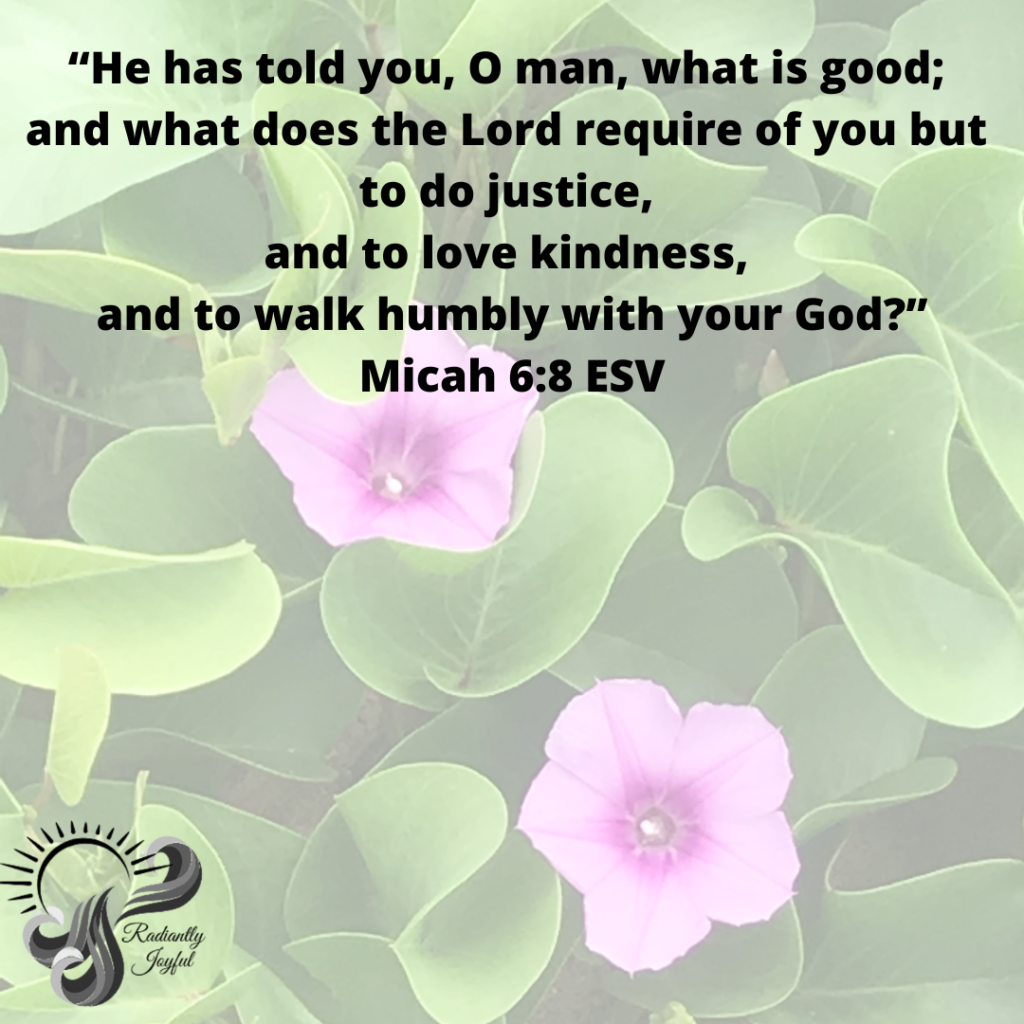Lessons from the Lost Prince
This book by as slower in some ways but the suspense of “who is the lost prince?” keeps the reader engaged. I will not be divulging many details of this book, as that would give away the ending. I will only say, this story is a quest and the reader is able to join the journey.
The main characters reside in the United States, though they are from a fictional Eastern European country. Like many real-life countries in that part of the world, Samavia has been ravaged by political uprisings and war for many years. The patriots of the country anxiously await the return of the lost prince.
The father tells the son often that “Silence is the order.” He isn’t to tell anyone who he is, where he is from, or anything about their lives. When his quest begins, though silence remains the order, the people he meets gain hope through his presence. The loyal remnant of patriots seems much larger than anticipated. Once hope is kindled, the flame spreads.
The father takes time to teach the son truths (which seem rooted in Eastern religion) that will help him in life. He’s given him all the tools he knows to prepare him for the journey he ultimately has to take. The first, we could call, “visualization.”
Let pass through thine mind, my son, only the image which thou would desire to see as truth. Meditate only upon the wish of thy heart, seeing first that it could injure no man and is not ignoble. Then will it take earthly form and draw near to thee. This is the law of that which creates.
Frances Hodgson Burnett, The Lost Prince
George Harrison once said, “If you don’t know where you’re going, any road will take you there.” We plan our days, making a to-do list and gathering what we need to get that list accomplished. Einstein said,
“Imagination is more important than knowledge. Knowledge is limited. Imagination encircles the world.” Our thoughts reflect our emotions and desires, which lead to action. As Christians, meditation, and visualization begin by setting our minds on what is good, pleasing, and perfect to God (Romans 12:2). In Psalm 119:15-16 we read, “I meditate on your precepts and consider your ways. I delight in your decrees; I will not neglect your word.” Just as the son in this book takes the words of his father to heart, we must do the same with the words of our Father.
The second lesson the father gives could be called “basic rules for living well.” He sums up all the knowledge of all the greatest books in the world saying, “that in all their different ways, they were only saying over and over again one thing thousands of times. Just this thing – ‘Hate not, Fear not, Love.’ And he said that was Order. And when it was disturbed, suffering came – poverty and misery and catastrophe and wars.” In some ways, this also sums up The Greatest Book. We are to love one another (in the NIV, this phase occurs 19 times in the New Testament). We are to walk in power, not fear (2 Timothy 1:7, Romans 8:11). Some say that the idea of “do not fear” is in the Bible 365 times, one for each day of the year. Whether or not that is completely accurate, the Word of God does tell us we have nothing to fear when we are clothed in Christ. Many years ago, I heard a sermon that summarized the Bible using Micah 6:8, “He has told you, O man, what is good; and what does the Lord require of you but to do justice, and to love kindness, and to walk humbly with your God?” If we walk humbly with God, we will be kind and just to all we meet. When we walk with the Lord, kindness and justice come out of love.
Just as the father in the story taught his son, we have a responsibility to teach our children. The most important lessons begin with a good foundation in Truth. How will you teach the children?

so glad you’ve found them helpful
Your mindfulness teachings have become an essential part of my daily routine.